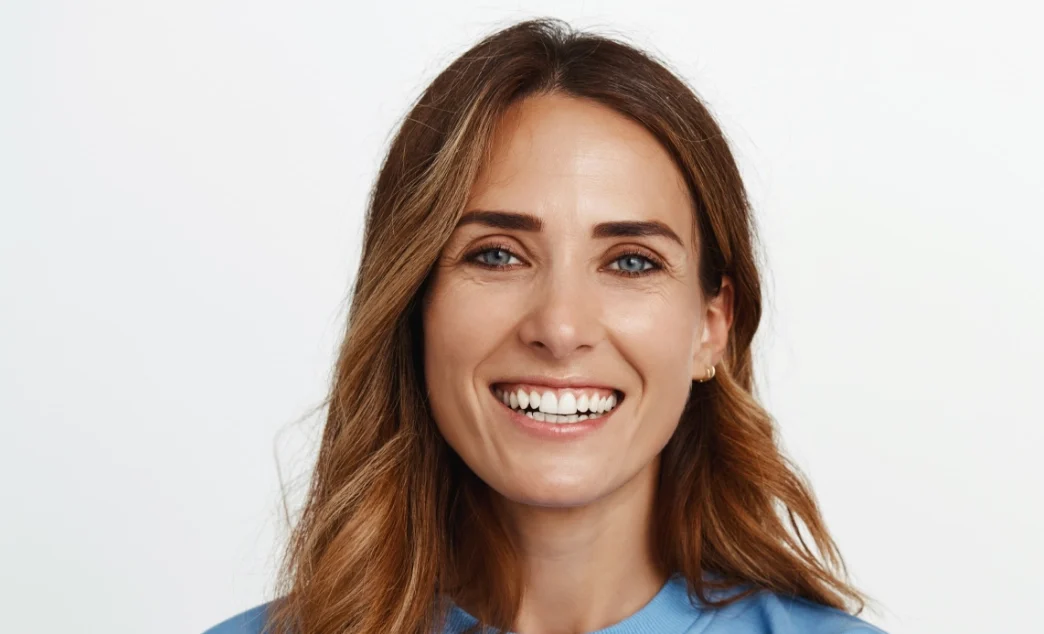
Have you recently found out you have cataracts? Developing cataracts is a normal and expected part of the aging process, occurring when the once-clear lens of the eye begins to cloud.
While cataract surgery is one of the most commonly performed medical procedures in the United States, it is natural to have questions or be unsure of what to expect or how to prepare for your procedure.
The eye doctors at Houston’s Diagnostic Eye Center are here to help. Keep reading for tips on how you can prepare before cataract surgery!
Schedule a cataract screening
The first thing you should do is schedule a cataract screening with an eye doctor you trust. Cataract screenings are the first step in preparation for your procedure. During your cataract screening, you will receive a comprehensive eye exam and review your medical history.
This is the time to discuss whether you have a history of diabetes, high blood pressure, or other factors that may impact surgery. Your eye doctor will also assess the overall health of your eyes and how advanced your cataract is during your cataract screening appointment.
In many cases, patients don’t need to have cataract surgery right away. In fact, most surgeons will only perform cataract surgery if cataracts are impacting your lifestyle or making it difficult to complete daily activities like driving, reading, or completing work-related tasks. If you have reached this point, your cataract surgeon will discuss the next steps, and when to schedule your procedure.
At Diagnostic Eye Center in Houston, we recognize that each patient is different – we will provide a thorough eye examination and work with you to recommend the best options for your cataract procedure.
Choose an intraocular lens that fits your lifestyle
Cataract surgery involves removing the eye’s natural, clouded lens and replacing it with a clear intraocular lens, or IOL. By removing the lens, patients are able to regain clear vision that was previously lost to cataracts.
There are different kinds of IOLs available, and IOL technology is continuously advancing. It’s important to learn about your options and how they could impact your vision. If you are interested in reducing your dependence on glasses or contact lenses, you should be prepared to discuss advanced IOL technology with your eye surgeon.
Some of the IOL options available at our Houston eye clinic include:
Monofocal IOLs: If you don’t mind wearing reading glasses after having cataract surgery, monofocal IOLs may be appropriate. These are the standard lenses used during cataract surgery. Monofocal IOLs have a fixed focus set for only one distance, either for near, intermediate, or distance vision.
Glasses or contact lenses become necessary if the wearer wants to see at another distance instead of the one fixed focus.
Extended Depth of Focus IOLs: EDOF IOLs, such as the TECNIS® Symfony, provide a full range of vision from distance up to about an arm’s length away (and sometimes closer)! These allow patients to have good distance, intermediate, and ‘computer’ vision without depending on visual aids.
Multifocal IOLs: These IOLs are considered a premium lens option, providing both distance and near focus at the same time. Multifocal IOLs have different zones that are set at different powers. This allows the individual to see clearly at multiple ranges. Diagnostic Eye Center is pleased to offer patients the PanOptix®, Vivity, and Synergy Trifocal IOLs, which are revolutionizing patient options for intraocular lenses after cataract surgery.
Toric IOLs: For patients with astigmatism, toric IOLs are an excellent option. Toric IOLs are the only IOL specifically designed for those with astigmatism. Astigmatism occurs when the cornea or lens is unevenly curved, which leads to blurry vision. Toric IOLs are designed to correct astigmatism and provide patients with clearer vision.
The best thing you can do if you are looking at IOLs is to talk to your eye doctor. Our cataract surgeons, Dr. Marc Sanders and Dr. Andrew Salem will assess your visual needs and help you choose the best intraocular lens for your vision.
Find someone who can drive you to and from your procedure
After scheduling your cataract surgery, we ask that patients find a family member or friend who can stay at the surgery center while the procedure is being performed and who can drive you home afterward.
Diagnostic Eye Center’s surgeons perform cataract surgery as an outpatient procedure, which takes between ten and fifteen minutes. Prior to the procedure, we provide our patients with oral or IV sedation, as well as numbing eye drops.
Because of this, we ask that patients coordinate transportation prior to their procedure, helping to ensure that the day goes as smoothly as possible!
Most patients are able to resume operating a vehicle 24 hours following their procedure. Your eye doctor will evaluate your eyes during your next-day appointment and help determine whether it is safe for you to drive.
Pick out a comfortable outfit for the day of your procedure
We encourage our patients to pick out an outfit prior to cataract surgery that will help make sure you are comfortable before, during, and after your procedure.
You will be required to wear an eye shield after your cataract surgery, which means you should avoid wearing clothes that are difficult to pull over your head. Concentrate on selecting clothes that are easy to remove. Sweats, leggings, or a light sweatshirt would be great options for the day of cataract surgery.
After any procedure, it’s normal to feel tired. You may want to go straight to bed after getting home. Wearing clothing that is comfortable to nap in will make resting after your procedure that much easier.
It’s most important to be comfortable, especially when you start your recovery period.
Have realistic expectations for the results of your procedure
When you have your cataract screening, this is the perfect time to ask any questions that you may have about the procedure. Your cataract screening is the place where you will build a trusting relationship with your surgeon.
It is also helpful to have a thorough understanding of your IOL options. At Diagnostic Eye Center, we will walk you through the various options available at our Houston office, their benefits, and implications. Different IOL options will provide varying degrees of visual freedom following your cataract procedure, and knowing what to expect for results is extremely important!
Make sure you have a clear understanding of the recovery process as well. Your eye surgeon will help review the cataract surgery recovery process with you, but if you have any questions regarding specific activities following your procedure, do not hesitate to ask!
You may want to ask a friend to come over and help with any chores as your eye heals and your vision is stabilizing. Above all else, know that you will have clear vision once more after cataract surgery!
Ready to find out if it’s time for you to have cataract surgery? Try our three-minute cataract evaluation, or schedule an appointment at Diagnostic Eye Center in Houston, TX today!

